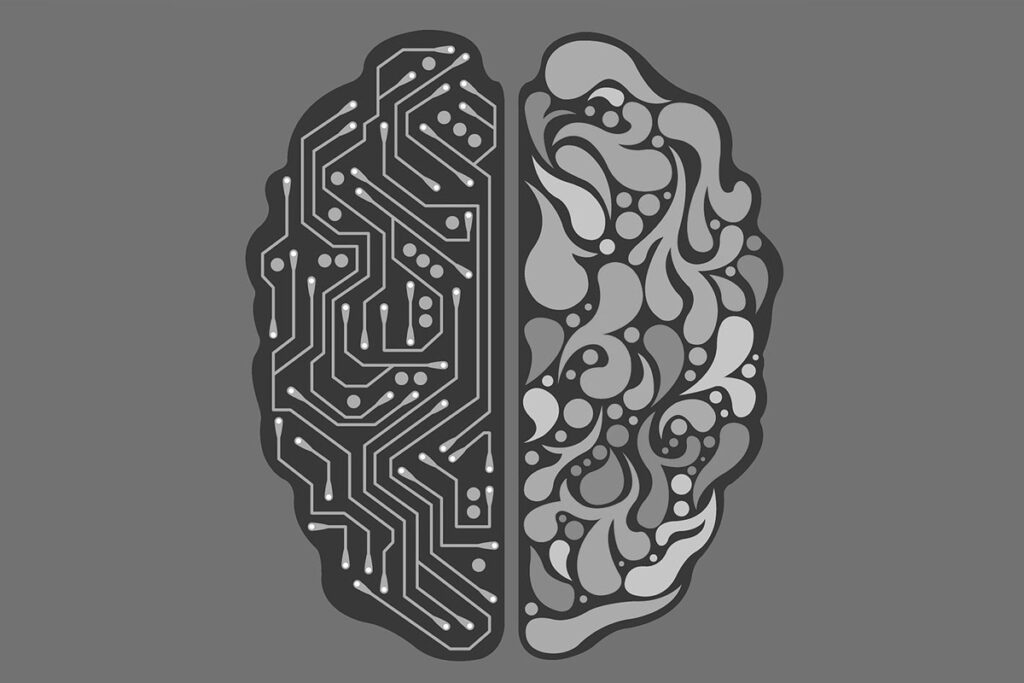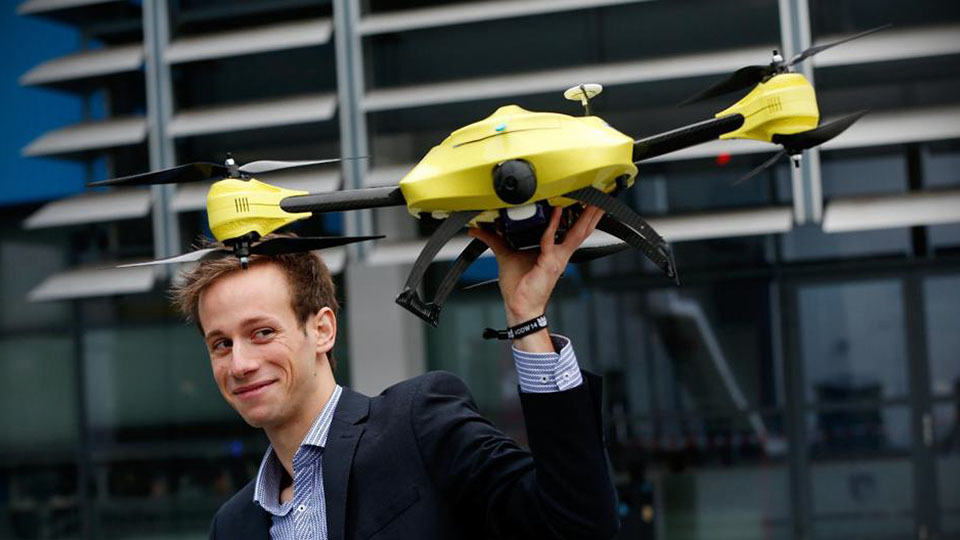Though the concept of AI was first solidified in 1956, it wasn’t until 2012 that AI as we know it began to evolve. Over the past decade, interest in AI has continued to increase exponentially, becoming a crucial element of many sectors’ operations. But how can the tools be leveraged, what concerns does this raise, and what recent developments are changing the game? Let’s take a look.

Applications And Attitudes
Nowadays, AI is most commonly used to automate processes that would otherwise be time-consuming. Often associated with automating business processes, AI is also widely used in the entertainment industry, streamlining the sign-up processes for everything from music, film and TV streaming services, to online casinos. In fact, some of the most popular slots online are backed by the power of AI, whether it is as an aid to develop the game, test the complexity of the mechanics, or improve the overall customer experience on a platform.
In recent years, perhaps the biggest way that AI has been leveraged is through chatbots – particularly ones like ChatGPT. Of course, with this has come the moral debate of the extent such tools should be used, and to what degree we allow them to develop. In addition, with a rise in interest in the planet’s condition, other concerns have been raised about emissions. With this in mind, let’s take a look at a couple of technological advancements attempting to alleviate these issues, and transforming AI.
Sustainability
Although AI tools are mostly hosted in the cloud, they need huge servers, numerous computers, and complex data centers to keep the system powered up. As such, the behind-the-scenes operation can easily fill entire warehouses – and these warehouses are power-hungry, at best. It is this issue that technology giant IBM set out to resolve.
Looking at the problem, IBM developed a prototype computer chip that works less like a computer, and more like a human brain, switching back from digital to analog components called memristors. Thanks to this, the prototype is said to be able to handle larger and more complex operations, whilst using less energy. As such, this could significantly reduce the energy consumption and carbon footprint of cloud providers.

Personal Assistant
Another technological development is a new tool developed by Google – Genesis. This comes after widespread uncertainty as to the impact that AI and chatbots could have on the creative industries, as these tools could eventually be complex enough to take over designing and writing with just a few simple prompts.
Sensing this fear, when pitching Genesis to newspapers, Google has hailed the tool as a personal assistant of sorts for journalists, instead of a tool to take over the writing of news stories. Genesis supposedly has the ability to absorb current events, research, and other details, and generate content from the information. Acknowledging the creativity needed to craft a news article, Google believes that the tool can automate some aspects of a journalist’s day, freeing up more time to focus on writing.
In conclusion, with any ‘new’ technology, there will always be growing pains. The important thing is to keep an open conversation to identify and rectify any concerns that arise – something that both Google, IBM, and other innovative brands are certainly aiming to achieve.
Featured image by Gerd Altmann from Pixabay.



